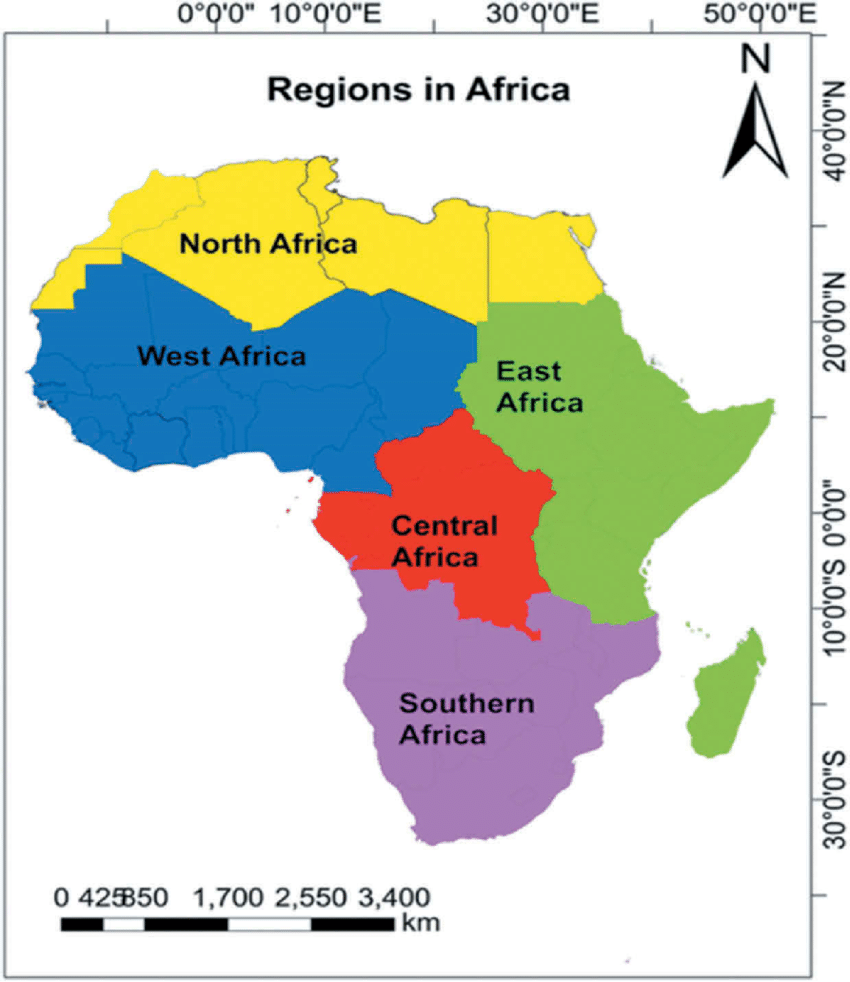By Engr. Aliyu A. Yakubu
Africa in the 21st century remains caught in a web of underdevelopment, educationally, industrially, technologically, and in terms of security. These challenges persist largely because the continent continues to operate under a leadership system, liberal democracy, that is fundamentally mismatched with its historical, cultural, and social realities.
Despite its celebrated ideals, democracy in Africa has failed to deliver for the majority, leading to widespread disillusionment and, in some cases, open preference for military interventions. The repeated celebrations following military coups reflect not a love for authoritarianism, but the rejection of a system that has served only the elite. This state of affairs demands a shift from borrowed ideologies to a homegrown framework rooted in African values, experiences, and aspirations.
Afrisophy, a term proposed to describe such a model, envisions a political and philosophical system shaped entirely by Africa’s unique context. Unlike the Western-imported democratic structures, Afrisophy prioritizes community, responsibility, cultural relevance, and integrity in leadership.
Before colonization, Africa operated various indigenous governance systems that were effective and reflective of local realities. The arrival of Western powers introduced exploitative systems under the guise of religion, commerce, and finally, democracy.
Today, that legacy continues as global superpowers, especially the U.S. and U.K., manipulate democratic language to push their strategic interests. Nations that do not conform to Western democratic models are often subjected to sanctions, invasions, or regime-change tactics.
Yet, countries like Iran and South Africa, which have embraced homegrown systems of governance, show signs of stability and development outside the Western script. Iran’s carefully structured power-sharing system reduces internal political rivalries and promotes continuity and independence.
South Africa’s foreign policy independence has allowed it to assert itself regionally and globally without compromising national interest.
In contrast, Nigeria, Africa’s most populous nation, has embraced Western democracy without adapting it meaningfully to local realities. Tribalism, ethno-religious tensions, insecurity, and systemic corruption have all worsened under democratic regimes.
Military regimes, while not perfect, often delivered stronger national unity and infrastructure development with less divisiveness. During military rule, appointments and governance were more merit-based and less entangled in regional favoritism.
Today, democratic structures are riddled with inefficiencies, inflated bureaucracy, and corrupt practices across both executive and legislative branches. The legislative arm, meant to provide checks and balances, is frequently compromised and often serves as a conduit for patronage.
Public trust in democracy continues to erode, particularly following the dashed hopes of the 2015 “change” government in Nigeria. Instead of reform, the democratic process became more deeply entangled with tribalism, nepotism, and manipulation of state institutions.
This failure reaffirms the urgency for a homegrown alternative like Afrisophy, designed to suit African contexts rather than replicate Western ideals.
Afrisophy proposes a structured and ethical governance model rooted in accountability, justice, and cultural relevance. Key features include the establishment of non-partisan vetting bodies for all political aspirants, staffed by respected elders and professionals.
Political tenures under Afrisophy would be capped at two non-consecutive five-year terms to reduce incumbency abuse and promote merit. Vice presidents and deputies would have clearly defined roles, eliminating the “spare tyre” phenomenon common in current systems. Succession protocols would ensure continuity without entrenching power in family or factional lines.
Afrisophy also envisions open political competition, where women can fully participate based on merit, not quotas. Traditional institutions would be redefined and protected from political capture, restoring their cultural authority.
Education would be reshaped into a homegrown model emphasizing innovation, practical skills, and local research outputs. Student politics, often hijacked by opportunistic actors, would be demilitarized and refocused on leadership development.
Ultimately, Afrisophy seeks to free Africa from ideological dependency and offer a governance model built by Africans, for Africans. It is not simply a rejection of democracy, but a call for a rebirth, one that places African dignity, identity, and progress at its core.
Engr. Yakubu is a PhD research student in Conflict and Strategic Studies at the Federal University Lokoja, Nigeria.
For advert placement and inquiries, publication of press releases, and news coverages, please call: Phone: 08052898434 Email: editor@eyereporters.com, click here to view the advert rates.



